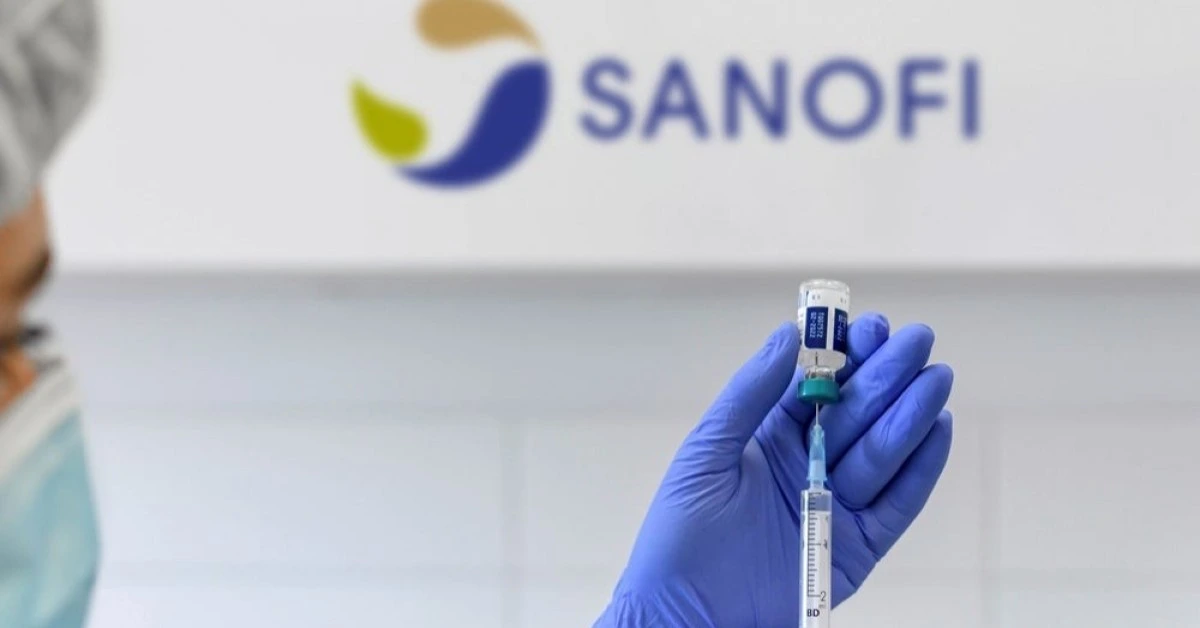
FRANCE – Sanofi has received fast-track designation from the U.S. Food and Drug Administration (FDA) for its experimental mRNA-based chlamydia vaccine.
If successful, this vaccine could become the first approved preventive measure against chlamydia, the most common sexually transmitted bacterial infection worldwide.
According to the World Health Organization (WHO), Chlamydia trachomatis, the bacterium responsible for the infection, caused approximately 128.5 million new cases globally in 2020. Prevalence rates stand at 4% for women and 2.5% for men.
While chlamydia is easily treatable with antibiotics, it often presents no symptoms, leading to untreated infections that can result in severe complications.
In women, untreated chlamydia can cause pelvic inflammatory disease (PID), which may lead to infertility, ectopic pregnancies, and other reproductive health issues.
Moreover, chlamydia infection significantly increases the risk of contracting other sexually transmitted infections (STIs), including HIV.
Sanofi’s fast-tracked vaccine aims to protect against both primary genital tract infections and reinfections caused by C. trachomatis.
The mRNA-based candidate is one of the few chlamydia vaccines globally that have advanced to human trials.
According to the clinicaltrials.gov register, Sanofi is preparing to launch a phase 1/2 clinical trial involving approximately 1,560 participants aged 18 to 29. The study will last 18 months and is expected to conclude in 2028.
The trial will include chlamydia-positive and chlamydia-negative men and women who meet specific risk criteria.
Eligible participants include those with a new sexual partner within the last six months, more than one current partner, a partner with a prior or existing STI, or those who engage in inconsistent condom use.
Participants will receive three doses of the mRNA vaccine at varying strengths—low, medium, and high—via intramuscular injection, along with a matched placebo for comparison.
Sanofi’s global head of vaccines R&D, Jean-François Toussaint, emphasized the urgent need for a preventive vaccine, noting that antibiotics have not effectively controlled rising infection rates.
“Millions of people currently live with undiagnosed chlamydia, including asymptomatic infections that can also cause severe long-term health effects if left untreated,” he said. “With our programme, we aim to make chlamydia a preventable disease through vaccination.”
The absence of an approved chlamydia vaccine has made it challenging to control the infection’s spread.
Despite the availability of antibiotic treatments, the silent nature of chlamydia means that many individuals remain unaware of their infection until serious health complications arise.
Vaccination could play a crucial role in breaking this cycle by providing long-term immunity and reducing the overall incidence of infection.
Sanofi’s vaccine development program focuses on using mRNA technology, which has proven effective in rapidly developing vaccines against various diseases.
The company aims to demonstrate that its candidate can trigger a robust immune response, effectively preventing both initial infection and reinfection. If successful, this could pave the way for broader preventive measures against other STIs.
Sanofi’s candidate is not the only chlamydia vaccine under development. Denmark’s Statens Serum Institut (SSI) has also been working on a conventional recombinant vaccine called CTH522.
This vaccine, which targets a bacterial membrane protein, has already shown promise in early-stage trials involving healthy volunteers.
SSI’s shot demonstrated safety and the ability to provoke an immune response, but further studies are needed to determine its effectiveness in preventing chlamydia infections.
XRP HEALTHCARE L.L.C | License Number: 2312867.01 | Dubai | © Copyright 2025 | All Rights Reserved